#Greek Festival
Text
I just want to stress how cool the City Dionysia would of been for people. The great Panathenaea was cool but most of the shows were exclusive to men. And the competitions were useally very bloody aswell. In the City Dionysia men and women of all walks of life would be able to attend, in fact they had a fund to pay for poor people to see the shows. The celebration was annual and lasted five days. The first two were based mainly around lots of drinking and orgies, the next three would be entire days spent watching drama. Imagine that. Nine tragedies, five comedies and two satyr plays in total. Each one considerably long. It would of been pretty cool.




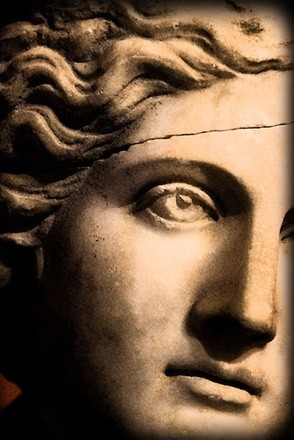

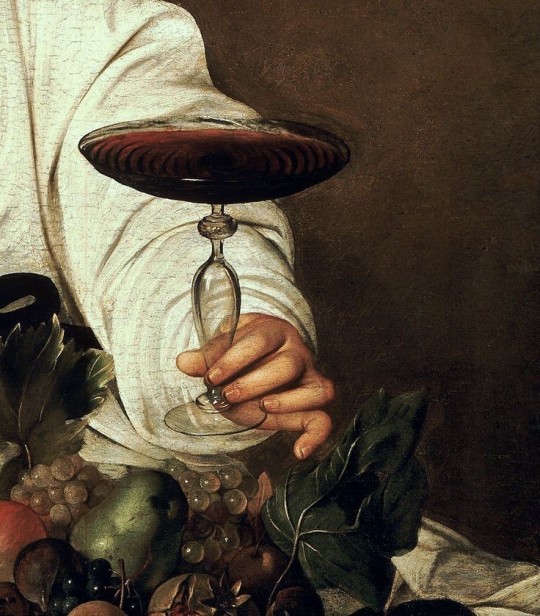
#greek mythology#City Dionysia#dionysus#dionysos#greek tragedy#satyr plays#greek comedy#ancient greece#greek drama#euripedes#sophocles#hellensism#greek festival
111 notes
·
View notes
Text
I am once again risking my life to eat my annual baklava from the Greek Festival. Wish me luck.
2 notes
·
View notes
Text
and for those of you wondering, yes, my hometown is actually, legitimately named cumming. go ahead and laugh, gods know everyone there does
#greek festival#greek festival 2022#artemis devotee#apollo devotee#hellenic polytheism#hellenic pagan#clock app
12 notes
·
View notes
Text
On this late episode of Two Fat Guys Eat, we discuss Sean's favorite fair food and Greece's answer to the sandwich, the Gyro! We talk favorite combinations, do's and dont's and a few places locally where you can go to get the best gyros (Big Greek Cafe and Aleko's Village Cafe)!
Listen on Spotify!
Listen on Apple Podcasts!
Listen on YouTube!
youtube
#food#foodie#greek food#gyros#greek festival#lunch#dinner#supper#podcast#comedy#improv#discussion#conversation#spotify#youtube#apple podcasts#castwave studios#podernfamily#two fat guys eat
0 notes
Text
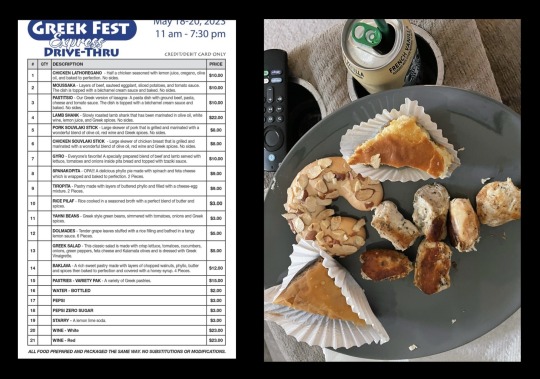
Greek food and an energy drink
0 notes
Text



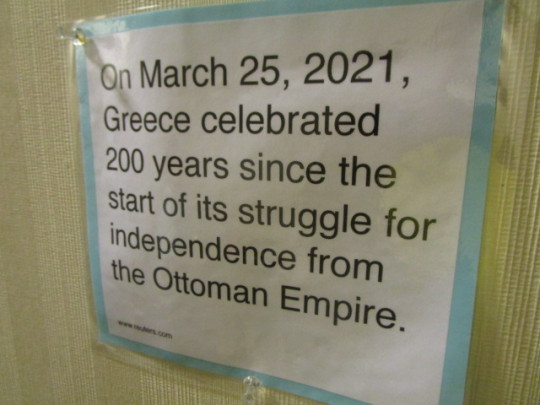
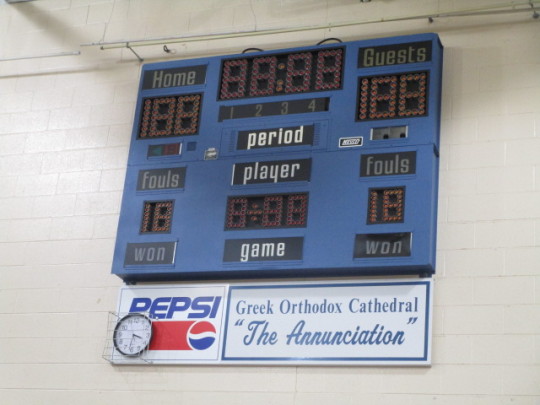


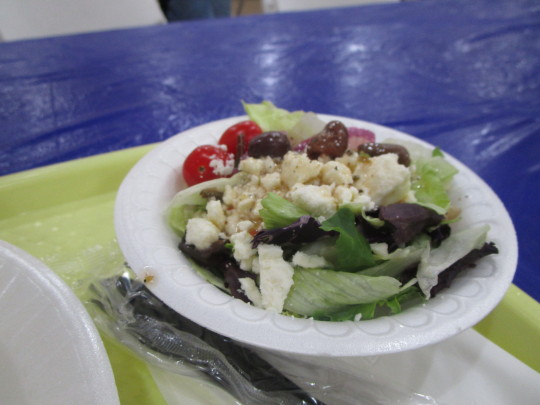



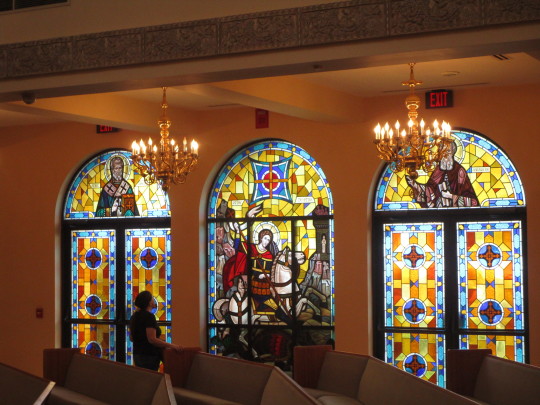

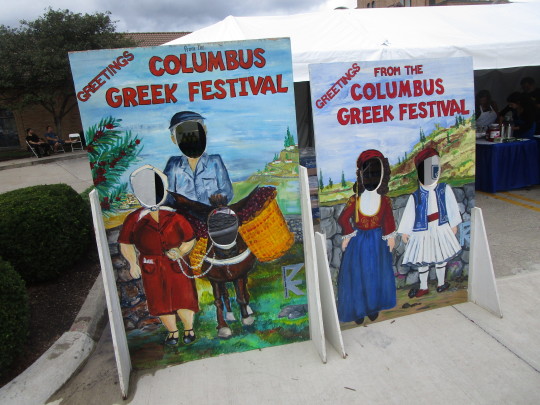

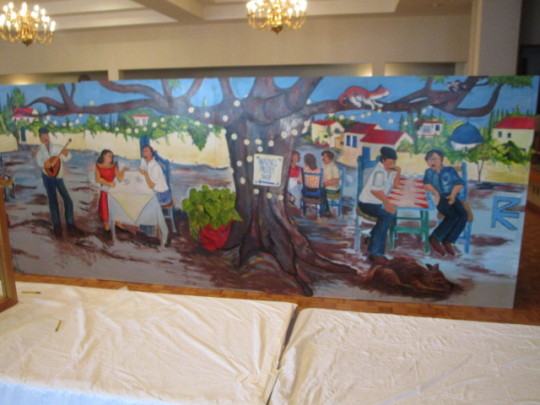

DJBC Tumblr Summer 22 - Columbus Greek Festival 2022
The Annual Greek Festival returned to the Annunciation Cathedral in the Short North over Labor Day weekend. The four-day festival celebrates Greek culture - from food, to music and art, and even Greek history.
Opa! Opa!
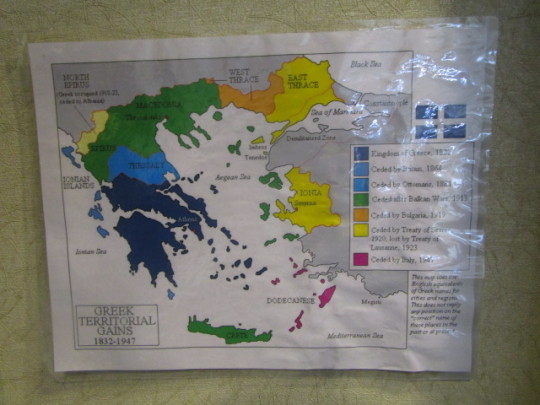
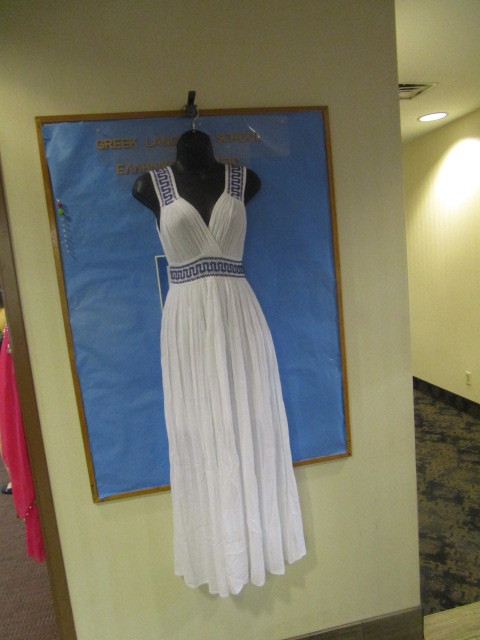
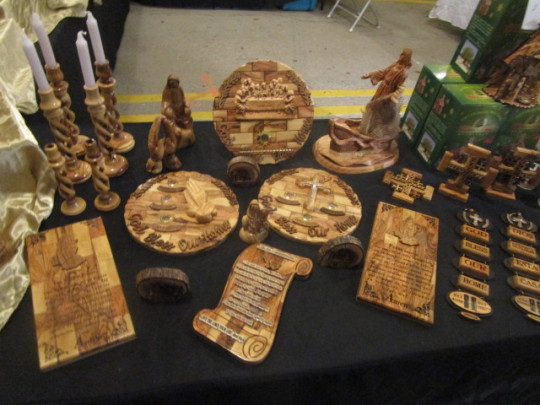







The Greek Festival is held every Labor Day Weekend at the Annunciation Greek Cathedral - 555 North High Street in the Short North, at the corner of High and Goodale.
Opa!
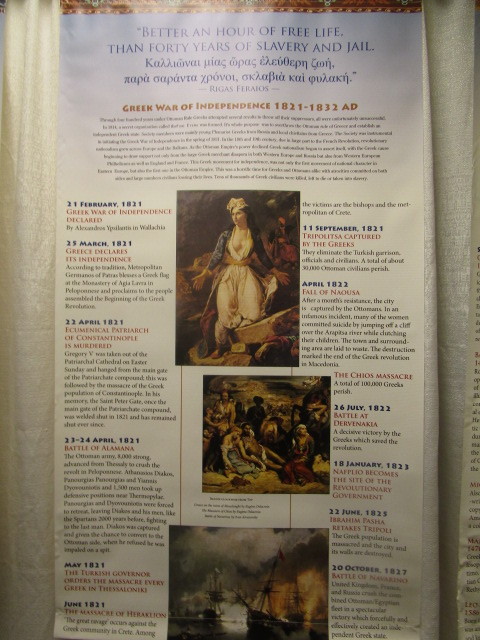

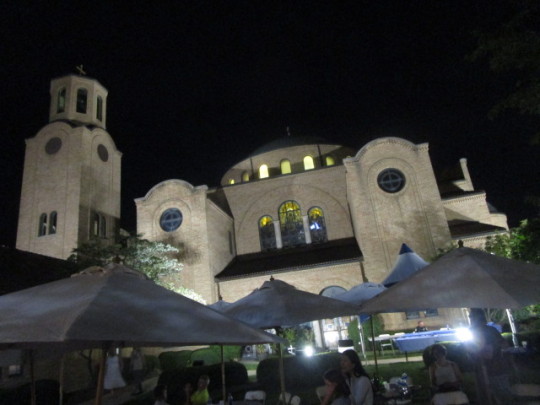
0 notes
Text



1. τελεία και παύλα, Ματούλα είσαι καύλα.
2. Πιος;
3. 1984
0 notes
Text
Panegyri Greek Festival
There are several events that we look forward to every summer, and one of those events is the Greek Fest! We were so excited to see it back in full swing Friday night after 2 years after a very light version of its former glory.
Location:
The Panegyri Greek Festival is located at the Assumption Greek Orthodox Church, 4376 Westlake Road, Erie, PA 16505. You really can’t miss it; you’ll notice…

View On WordPress
#Erie#Erie PA#Festival erie pa#festivals erie pa#food festivals erie pa#Greek church Festival#greek erie pa food erie pa#Greek Fest#Greek Fest erie pa#Greek Fest pa#Greek Fest Pennsylvania#Greek Festival#Greek Festival erie#Greek Festival erie pa#Greek Orthodox Church#summer erie pa#summer festivals erie pa
0 notes
Text
Greek Festival - Aliquippa, PA
Absolutely loved the sights , the smells and especially the tastes of the Greek Food Festival today in Aliquippa, PA. Hope all of you get a chance to experience it over the weekend!

View On WordPress
1 note
·
View note
Text



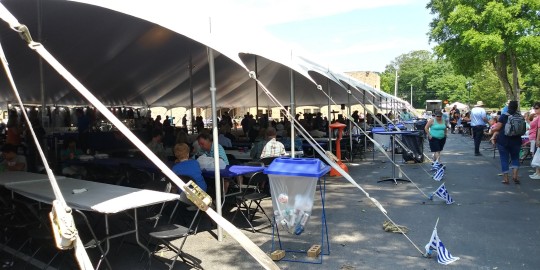
It's Greek Festival weekend, finally after being cancelled by covid for 2 years. There's homemade pastries, I spent a small fortune, and dinners to eat in or take home. The huge tent behind the church is a fun eating/shopping/dancing spot. The festival is a huge fundraiser for the church & is a Memphis favorite.
0 notes
Text
Headcanon time!
There weren't many texts recorded about Hyacinthus coming back to life or being worshipped outside of Sparta is because the Underworld deities didn't want more humans to know resurrection was an option.
Persephone: We're doing something illegal for you and your boyfriend, so you better keep it lowkey.
Apollo: Got it.
Apollo, later: *creates a nationwide festival to celebrate Hyacinthus' resurrection*
#hyacinthus#apollo#persephone#greek mythology#headcanons#incorrect greek mythology#incorrect greek gods#incorrect greek mythology quote#greek gods#greek goddesses#greek deity#hyacinthia festival
182 notes
·
View notes
Photo

Thargelia (θαργήλια) is an Athenian and Ionian festival celebrated in the city of Athens and on the isle of Delos on the 6th and 7th of month Thargelion, which corresponds with late May.
This year, Thargelia falls onto the 26th and 27th days of the month.
Traditionally thought to celebrate the birth of Artemis and Apollo Patroos, or, in some versions, venerate Helios and the Horae, this festival is a two-day long celebratory occasion focused on a cult sacrifice, rich offering, and devotional games given to the Gods in hopes of appeasing Them.

Thargelia, like many other celebrations of the Ancient times, is an agricultural festival. At the beginning of this celebration, Demeter was praised by the people, and the name of the festival itself, Thargelia, according to grammarians, translates into “fruits/grains of the earth”: Θαργήλια εισί πάντες οι από γης καρποί.
The specific harvest given attention to during this celebration was that of the first fruits of the earth, symbolically connected to the heat of the sun. Due to the connection between Demeter’s celebration and that of the Twins, it was customary to annually send an offering of fresh corn to Delos.

The festival of Thargelia has ritualistic sacrifice of two individuals as its nucleus. The individuals, called pharmakoi (φαρμακοὶ) are sometimes said to be picked from the “ugliest and vilest” of the citizens, as to associate with all that is negative, unhealthy, and plague-ridden. After an extensive ritual, the pharmakoi would be either driven out of the city or, if the festival happened to fall onto a plague year, thrown into the sea or burned alive.
There are two possible origins of that tradition. According to Istrus, there was a man named Φάρμακος who had stolen the sacred vials of Apollo and was later discovered by Achilles’ men. He was, allegedly, stoned to death for the theft, and the sacrifice of Thargelia is meant to commemorate that happening.
According to Helladius, expiatory (made to offer atonement) offerings were a common custom of offering to the Deities in order to purify the city of diseases, such as plagues. Epimenides, for example, attested a different pair of sacrificial youths, Cratinus and Ctesibius, who were allegedly put to death to stop the plague that overtook the Athenian army earlier.
The origins of Thargelia are as Ancient and unclear as the origins of the ritual sacrifice given to the Twins during the celebration. We can only assume that this is a very old festival celebrated with the aim of both asking the Divine for rich harvest of ripe fruits - and safety during the times of contagious diseases.


The ritual of Thargelia starts on the 6th with an offering of a sheep to Demeter Chloe (Δημήτηρ Χλόη) followed by a large purifying sacrifice when two people are put to death or exiled.
The rites of this particular ritual are definitely old, as all human sacrifice goes deep back into the earliest civilizations of the world. One of the pharmakoi (sometimes called σύβακχοι), sacrificial humans, was to represent the women of Athens, the other - the men. They were either both men or a man and a woman, as accounts differ. According to the Ancient writers, on the day of the sacrifice these two, picked from the most unpleasant parts of the society, were led to the temples of Apollo Patroos, Apollo Delphinius, and Apollo Pythius, and then - towards the seaside, followed by a flute melody called κραδίης νόμος.

The pharmakoi were richly dressed in garlands of black and white figs, and as they walked through the city they were whipped with rods made out of fig-wood; some account that the citizens would throw objects at them. They were given honey cakes, cheese, and figs before being burned on a ritualistic funeral pile made of fig-wood. Their ashes were scattered to the winds or thrown into the sea. Some writers state they were thrown into the sea alive while some argue that they were in fact exiled to never return.
Is it possible that an actual sacrifice only took place in the years of calamity where appeasing the Gods with a bloody offering was necessary.
It’s hard to say who the pharmakoi were: some say convicted criminals, some call them τὸν πάντων ἀμορφότερον (the ugliest), some say they were φαύλους καὶ παρὰ τῆς φύσεως ἐπιβουλευομένους (or simply physically deformed).

The second day of the festival was meant to be devoted to offerings of thanks given to the Sun God, that is, Apollo or Helios. Children took part in the celebration, carrying εἰρεσιῶναι - olive branches wrapped in wool that were hung up before the doors of houses. One of the best sources on the occasion, Porphyrius, lists a large number of offerings given to the Gods on that day, including ἰλύς - moist soil from which all is born.

A choral procession of men and boys (agon) performed solemnly during the second day of the celebration. This supposedly involved some sort of competitive air to it, as two masters of chorus were given two different tribes, which they were then to supply a chorus from. Whoever succeeded was given a tripod meant to be dedicated at the temple of Apollo. Chorus of women and young girls was also present.
Adoptive parents could properly register their children into the gens and phatria during Thargelia.

Solemn sacrifice was not the only focus of the festival, as it also included the so-called Delia (δήλια), which is the name of festivals and games held at the great panegyrics at the island of Delos. Initially it seems that there was a religious center formed around Delos for the sole purpose of worshiping and securing the worship of Apollo, θεὸς πατρῷος (Father-God) of Ionians. The Delia were held every five years and were supposedly happening during the birth of Artemis and Apollo.

This celebration included gymnastic and musical contests, choruses, and dances. Men, women, and children participated in the festival in equal measure, and the members of the religious assembly of Delos and neighboring islands were welcome. Athenians took part in the celebration from the very early times, as suggested by historical records; they also sent out a “sacred vessel” (θεωρίς) to Delos annually, claiming it was the same as legendary Theseus sent out after returning from Crete.
These celebrations were stopped at some point, having been reignited by Athens later on. After Athens took control over the Ionian confederacy, the leader of the Delia became a picked Athenian, and the superintendence of Athenians at the local sanctuary became prominent.
Sources and further reading: 🌞 🌞 🌞 🌞 🌞 🌞 🌞 🌞 🌞
#FESTIVAL : THARGELIA 🌞#greek mythology#delos#thargelia#apollo#artemis#demeter#Sort of demeter deity
432 notes
·
View notes
Text

greek festival time!
1 note
·
View note
Text
Time Travel Question : Assorted Performances I
These Questions are the result of suggestions from the previous iteration.
This category may include suggestions made too late to fall into the correct grouping.
Please add new suggestions below if you have them for future consideration.
#Time Travel#Drama History#Ancient Athens#Ancient Greece#Hegelochus#Euripides#Orestes#Aristophanes#Dionysian Festival#Aeschylus#Lost Literature#Ancient Greek Literature#Oresteia#Homer#Classical Athens#Music History#Ancient World#Enheduanna#Ur#Sumerians#Ancient Egypt#Sappho#Epidaurus
107 notes
·
View notes
Text
Roman History Chickens: Late Republic
Marcus Tullius CLUCK-ero (Cicero)
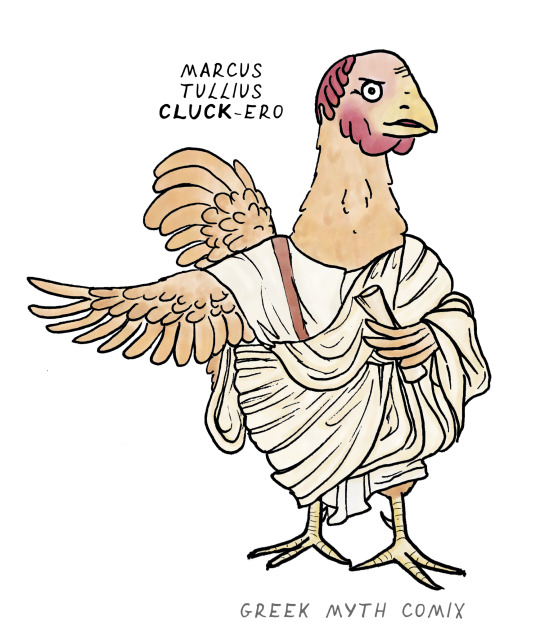
Ti-ROOST (Tiro), his secretary
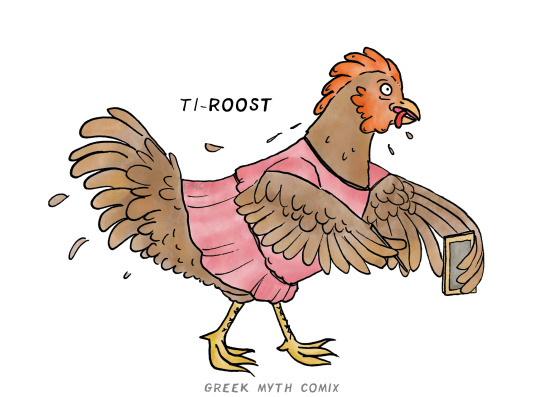
Publius Clodi-EGG (Clodius) Pulcher, Cicero’s mortal enemy
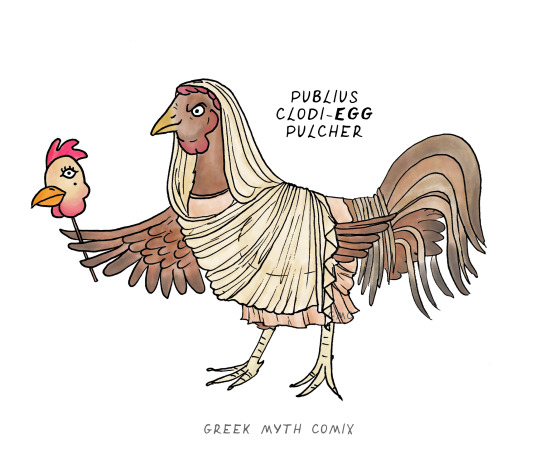
(He’s just LAID his plans at the Bona Dea festival, pretending to be a woman and seducing Caesar’s wife… *apparently*…)
#Roman chickens#Roman history chickens#roman history#Cicero#tiro#Clodius#bona Dea festival#illustration#comix#greek myth comix#tagamemnon#illustrator#Friday funny#Friday#puns#not sorry#welcome to my madness
187 notes
·
View notes